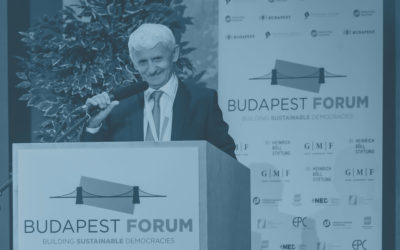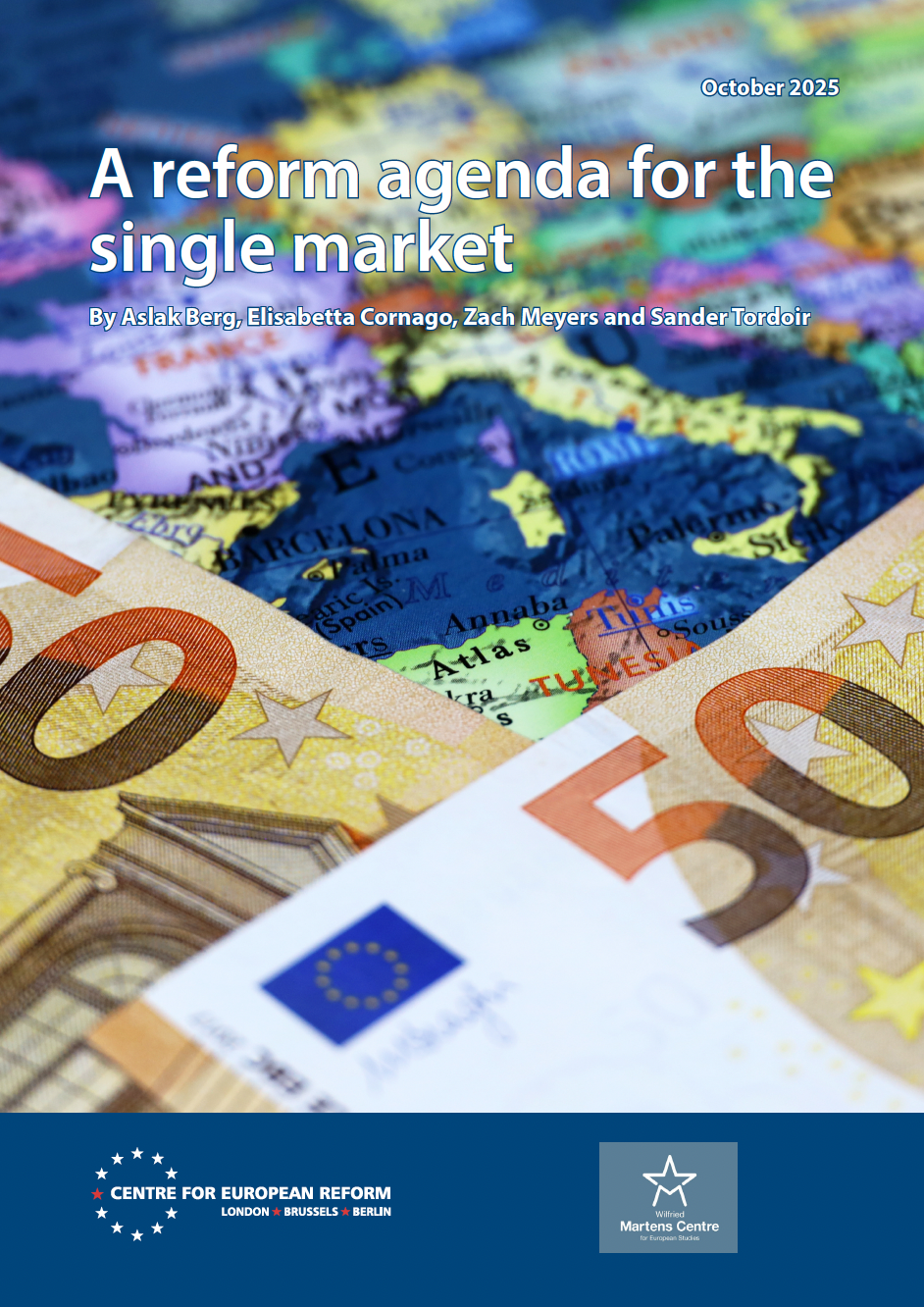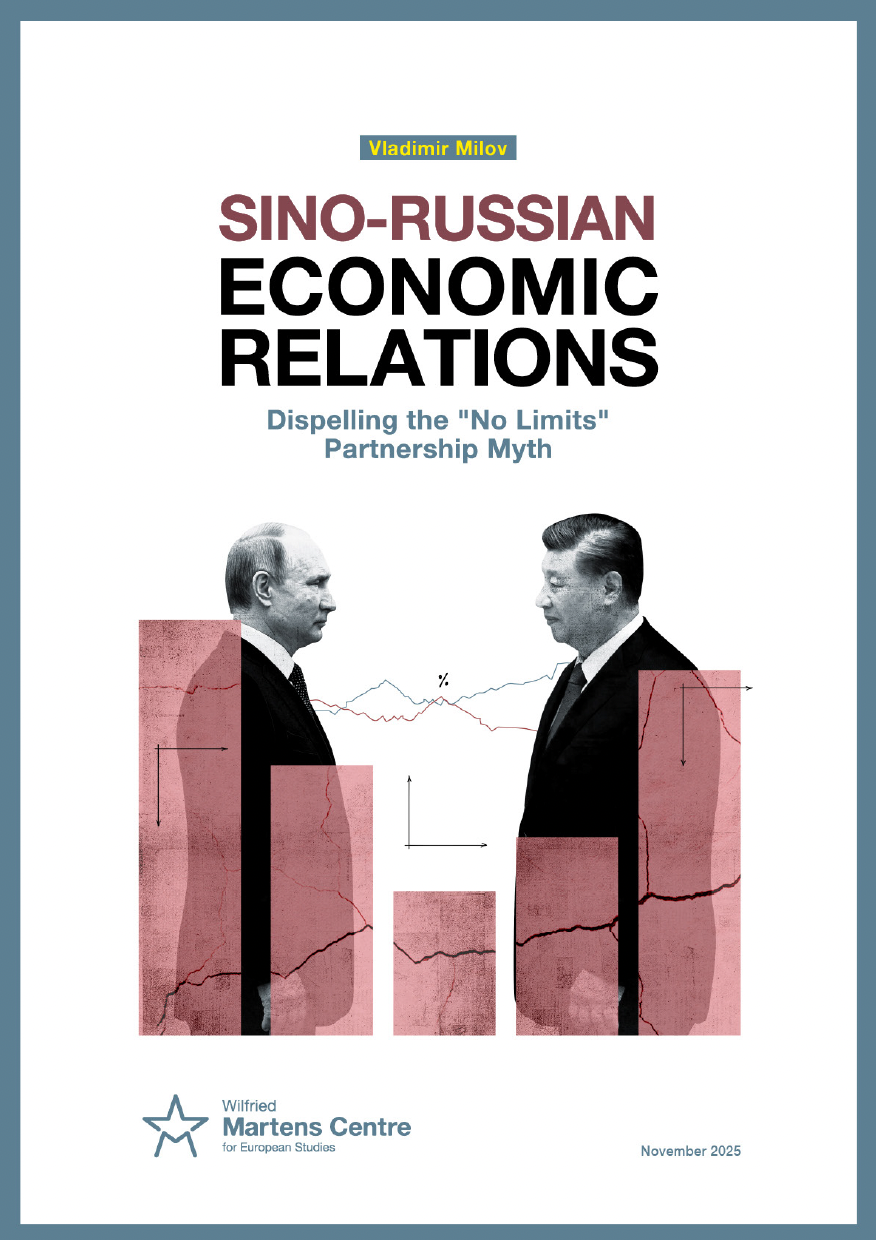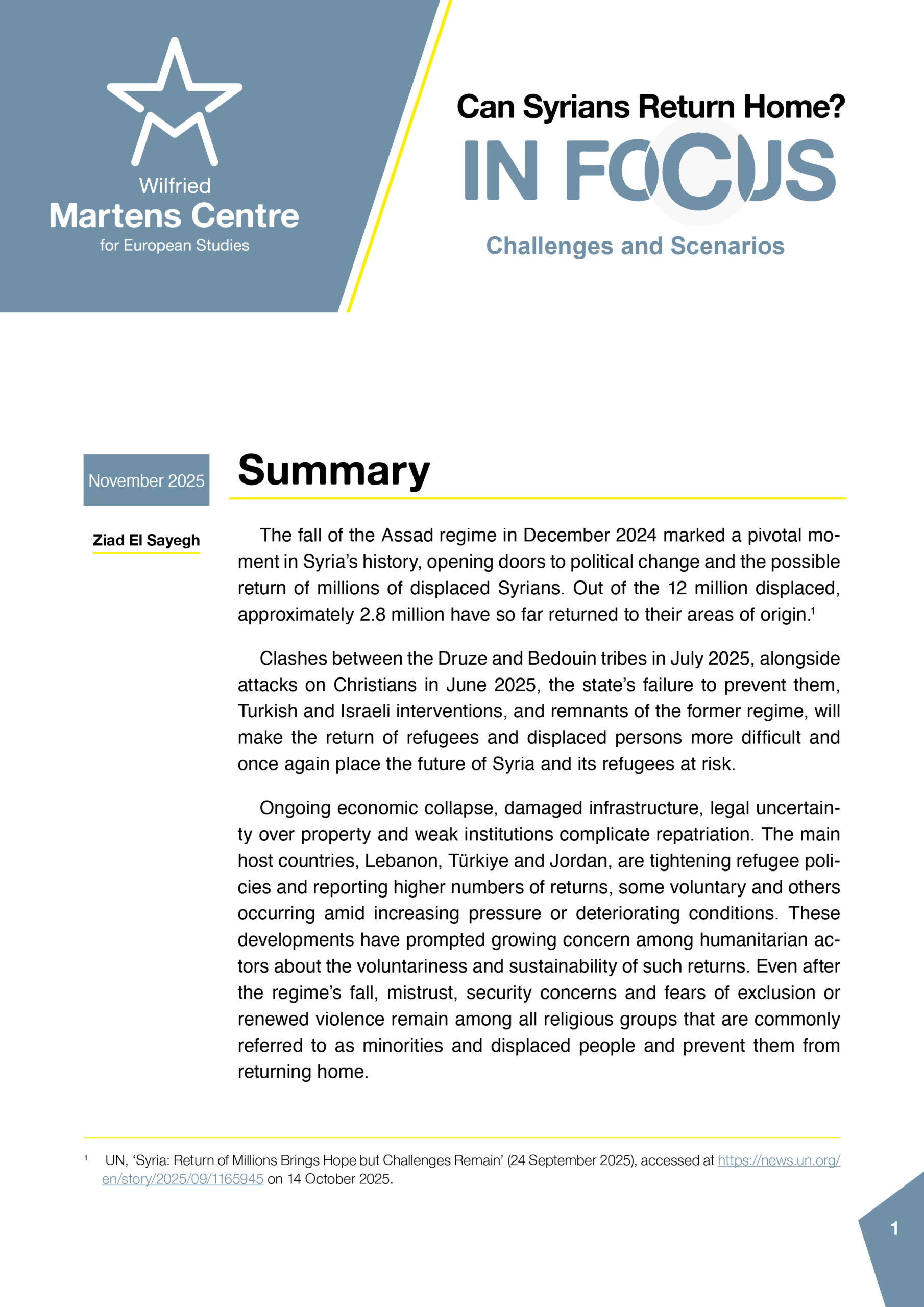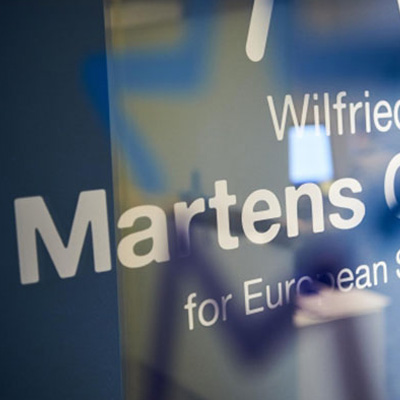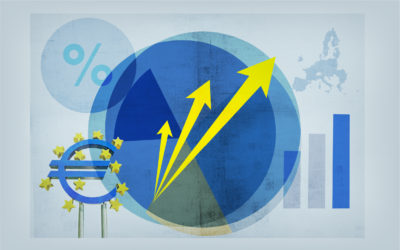How does the Corona crisis affect the conditions for migrant workers in the EU?
29 May 2020

The COVID-19 pandemic has exposed some exploitative employer practices for both EU and non-EU seasonal workers, especially in agriculture in some EU member states. Can the conditions for these labourers be improved without damaging the viability and competitiveness of national agriculture sectors?
Wido Geis-Thöne, Senior Economist Qualifications, Migration and Innovation, Cologne Institute for Economic Research:
“If the exploitative employer practices violate existing legislation, better controls are needed. The problem is then that there can be such a strong distortion of competition that is detrimental to law-abiding companies that, if they do not also resort to these illegal practices, they can be forced out of the market. If companies are forced to violate the law, the regulatory framework must be adapted as a matter of urgency. Otherwise, the economic order itself will be called into question. In this case, either law enforcement has to be improved, or the legal framework must be adapted. If practices move within the range of what is legally permissible, the situation is different. In this case, it should be noted that there can be very different perceptions of when individual work processes are exploitative and when they arise from operational necessities, e.g. with regard to optimal harvesting times. In this case, policymakers are called upon to listen to all sides and to assess the arguments carefully. If the regulations are carried out within a reasonable framework, there is no reason to fear that the vitality and competitiveness of the European agricultural sector will be impaired, since imports from third countries play a rather subordinate role in this area and the Common Agricultural Policy (CAP) provides very strong support and protection mechanisms for domestic farms. Within the EU, agriculture, and hence seasonal workers should, in any case, be subject to largely the same rules in order to ensure that the CAP functions properly. At the same time, however, local conditions, for example with regard to wage levels, must also be considered in shaping employment relationships.”
Monica Andriescu, Senior Policy Analyst, Migration Policy Institute Europe, Brussels:
“Guaranteeing fair working conditions can never be at odds with growth and competitiveness. The pandemic has exposed the fault lines of our economies and its pervasive inequalities. In these times more than ever, safeguarding workplace safety, health, and decent working conditions are critical to increasing productivity and building economic resilience. Policies cannot afford to go amiss in harnessing and protecting the human capital needed to weather the storm ahead. Exploitative working practices are regrettably still part of European labour markets, with migrants particularly vulnerable to unfair employers and temporary work agency practices. While there is political commitment at EU level to improve employment conditions for all workers, there is a need for decisive action to be channelled towards alleviating inequalities at times when they are likely to be exacerbated if left unchecked (e.g. increasing workplace inspections and encouraging the reporting of abusive practices). This is particularly relevant for sectors where workers’ vulnerabilities are heightened by the physically draining nature of their work, e.g. in agriculture. Despite the gloomy prospects this crisis brings at macro and micro levels, it does harbour opportunities to rethink connections between economic growth and good work, and how to go beyond artificial perceptions that there is an inverse relationship between them.”
Rainer Münz, migration and demography expert, formerly working at the in-house think tank of the European Commission (2015-2020):
“Following initial travel restrictions and border controls, many Western European farmers and slaughterhouse operators resumed recruiting labour in Central and Eastern Europe. Austria, Germany, and the Netherlands organised airlifts from Poland, Romania, and Ukraine. Employers mainly argued that domestic job seekers lacked the required experience and endurance. Another reason was that foreign seasonal and contractual workers are less expensive. They are exempt from certain social security contributions. Minimal wage arrangements do not apply if workers are hired via subcontractors or categorised as self-employed.
The background to this wage dumping is competition within the EU. The Common Agricultural Policy does not shield Western and Southern European producers and processers from having to compete with their Central and South-Eastern European counterparts, operating in a distinctively lower wage environment. The flip side of this is retailers being able to offer lower food prices, for example, tomatoes at €1.29 per kg, apples at € 1.50 per kg or chicken nuggets at € 2.99 per kg.
The COVID-19 crisis has exposed not only the extent to which certain businesses are dependent on readily available short-term migrant workers, but also their wages and their living and working conditions. In Austria, two dozen foreign temporary agricultural workers were confined in quarantine as some of them tested positive for the virus. In Germany and the Netherlands, hundreds of slaughterhouse workers were infected at their workplaces or at boarding houses. After the death of a few Romanian workers, the Romanian Minister of Labour, Violeta Alexandru (PNL), travelled to Germany to conduct on-sight inspection. Later in May, the German Minister of Labour, Hubertus Heil (SPD) announced that from 2021, it would become illegal for slaughterhouse operators to hire non-employed foreign contractual workers. It remains to be seen if this will lead to more automation, higher retail prices for meat or in a shift of production towards EU countries with lower wage levels or less regulated labour markets.”
Several EU countries, including Germany, have been recruiting migrant and refugee health and social care workers although many of these people lack the professional certificates that they would require under normal conditions. Do you foresee a relaxation of national qualification standards as a result of the Corona crisis?
Wido Geis-Thöne: “I consider it very unlikely that the Corona crisis will lead to a relaxation of national qualification requirements for health and social care professions. As far as I can see, the Corona pandemic is not expected to lead to a sharp increase in the number of people in need of care and assistance in the longer term. If this is not the case, there will be no sharp increase in the number of staff needed in the health and social services sector. The peak of the (first) pandemic wave represents an exceptional situation in this respect. However, in the context of demographic change, we will observer a gradual increase in the need for care and assistance, and this will pose major challenges for the health and social services in the medium term. It will also raise the question of whether it is possible to achieve a different mix of qualifications in these areas with a higher proportion of assisted personnel without the relevant specialist training.”
Monica Andriescu: “National education and training systems are not prone to swift changes, such as the sudden relaxation of qualification standards. The key question is rather how to enable quicker procedures of recognition of foreign qualifications, which under normal conditions are often lengthy and complex. As evidenced by the stringent need for health and care workers to support the frontline fight against the Coronavirus throughout Europe, fast and effective procedures of recognising foreign qualifications are more relevant now than at any time in the past, to ensure a steady stream of relevant workforce. These will ensure that professional certificates are recognised in a timely manner and that occupational standards are maintained in destination countries. The pandemic provides an opportunity for relevant authorities and employers to join forces in identifying innovative routes to reform or expedite the recognition of skills, and to pilot these. The key challenge will be to balance speed and quality of processes and outcomes, without lowering standards.”
Rainer Münz: “The relaxation of standards in order to hire migrants with professional health and care background during the COVID-19 epidemic is of temporary nature, caused by exceptional circumstances. It will not remain in place after the crisis ends. It can, however, be expected that many of those who have now found a job, will remain in the health and care sector. And we can assume that labour market authorities financing retraining and job integration of unemployed migrants will encourage more people to specialise as care givers or to have their medical degrees recognised.”





